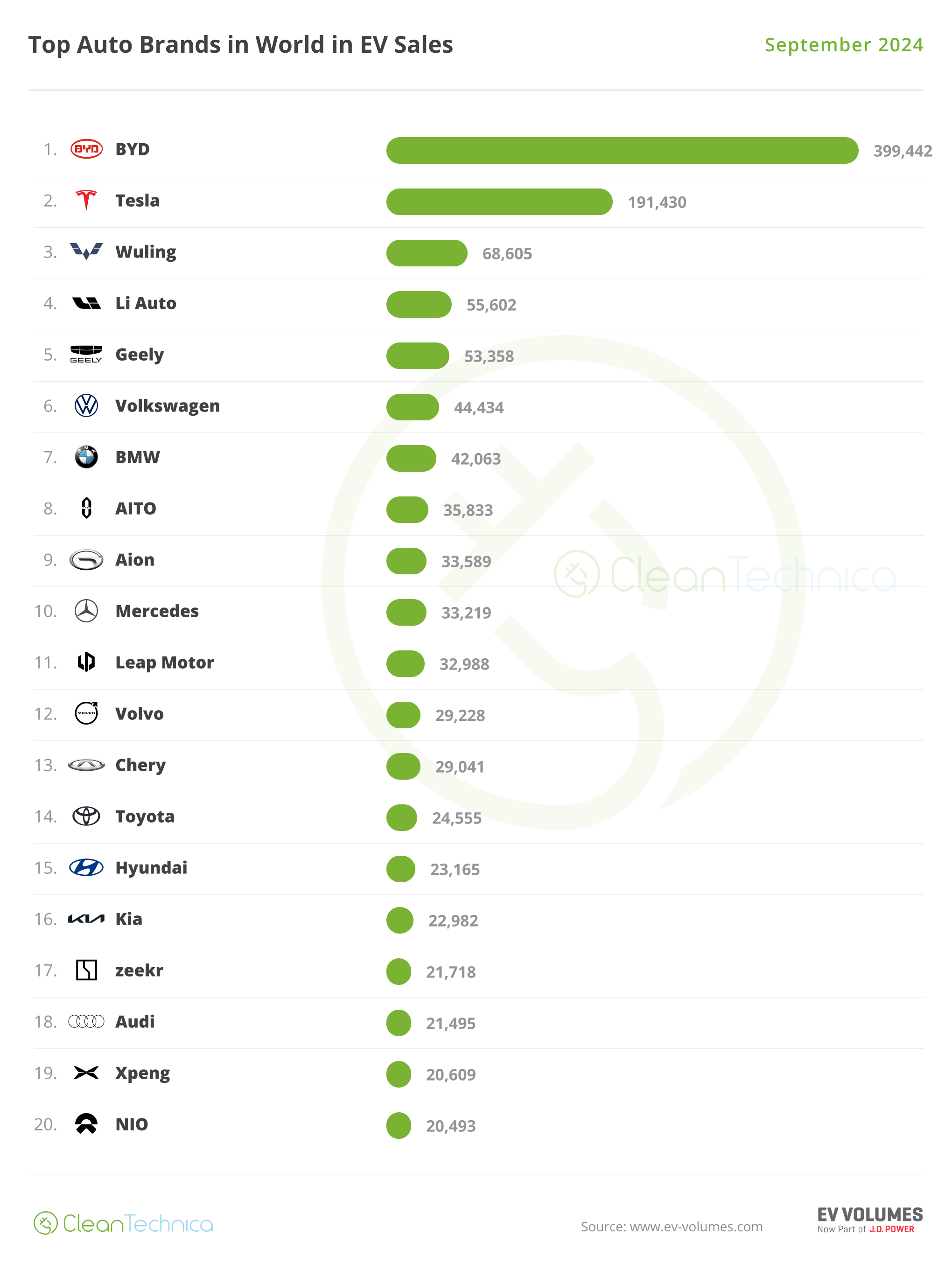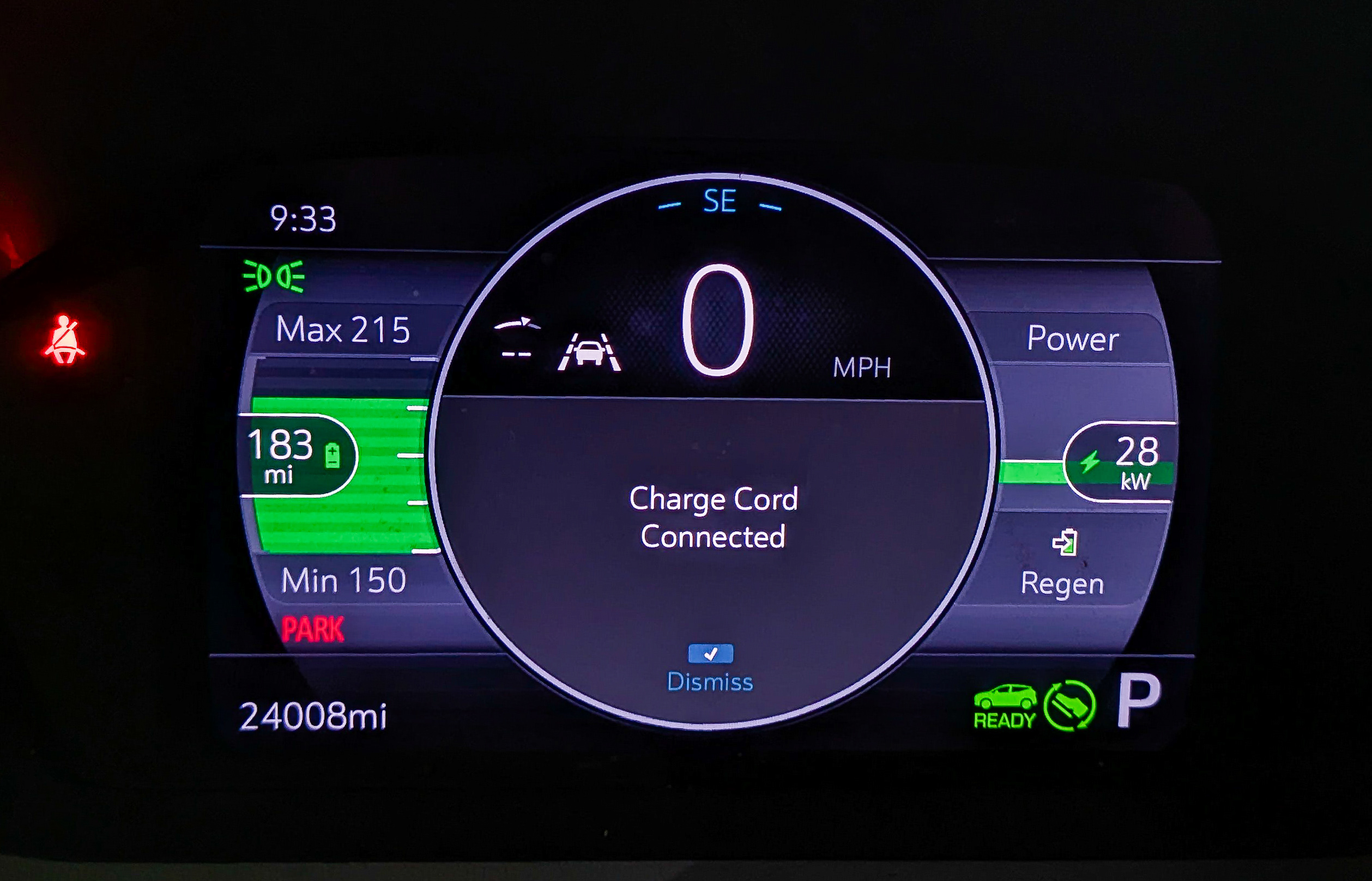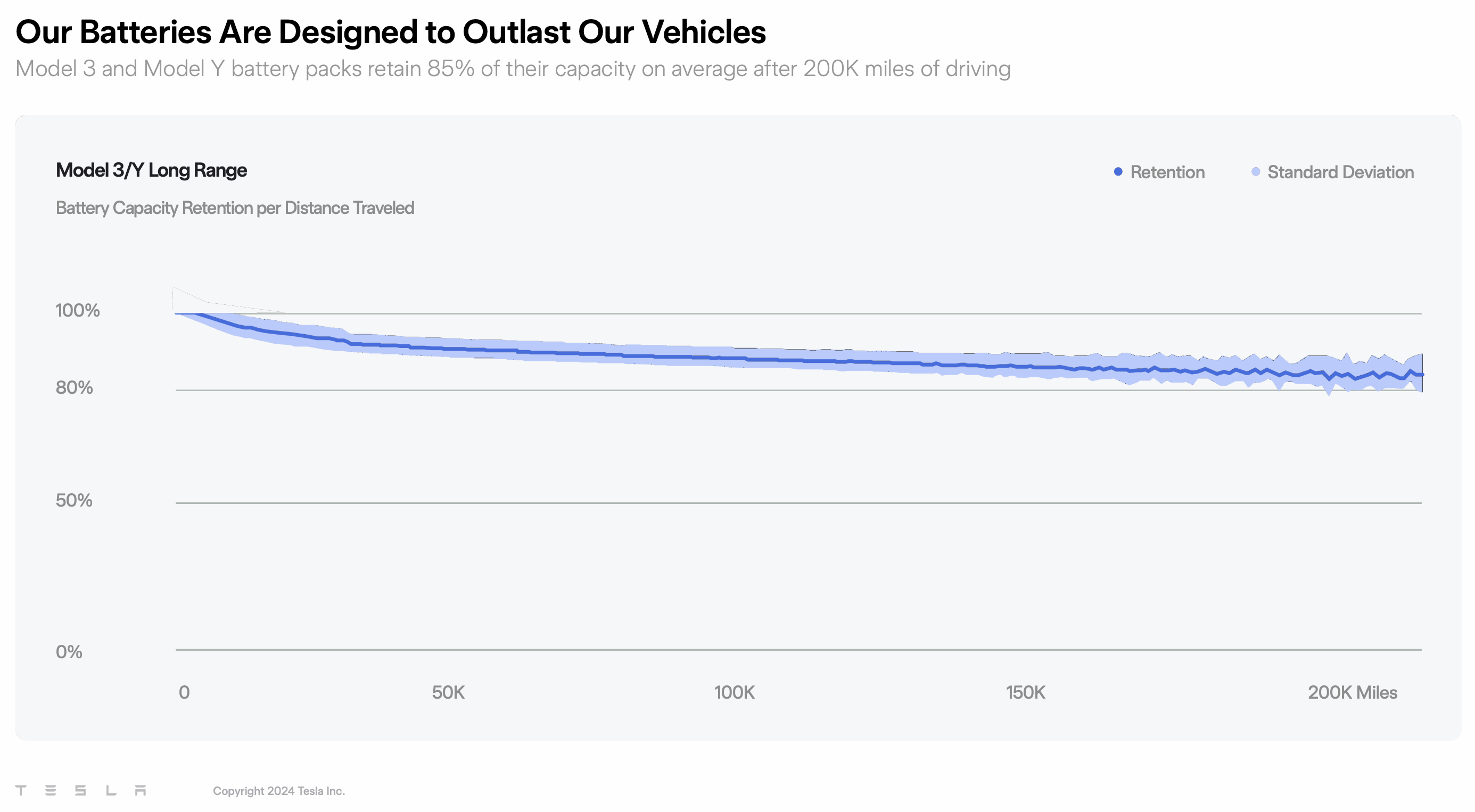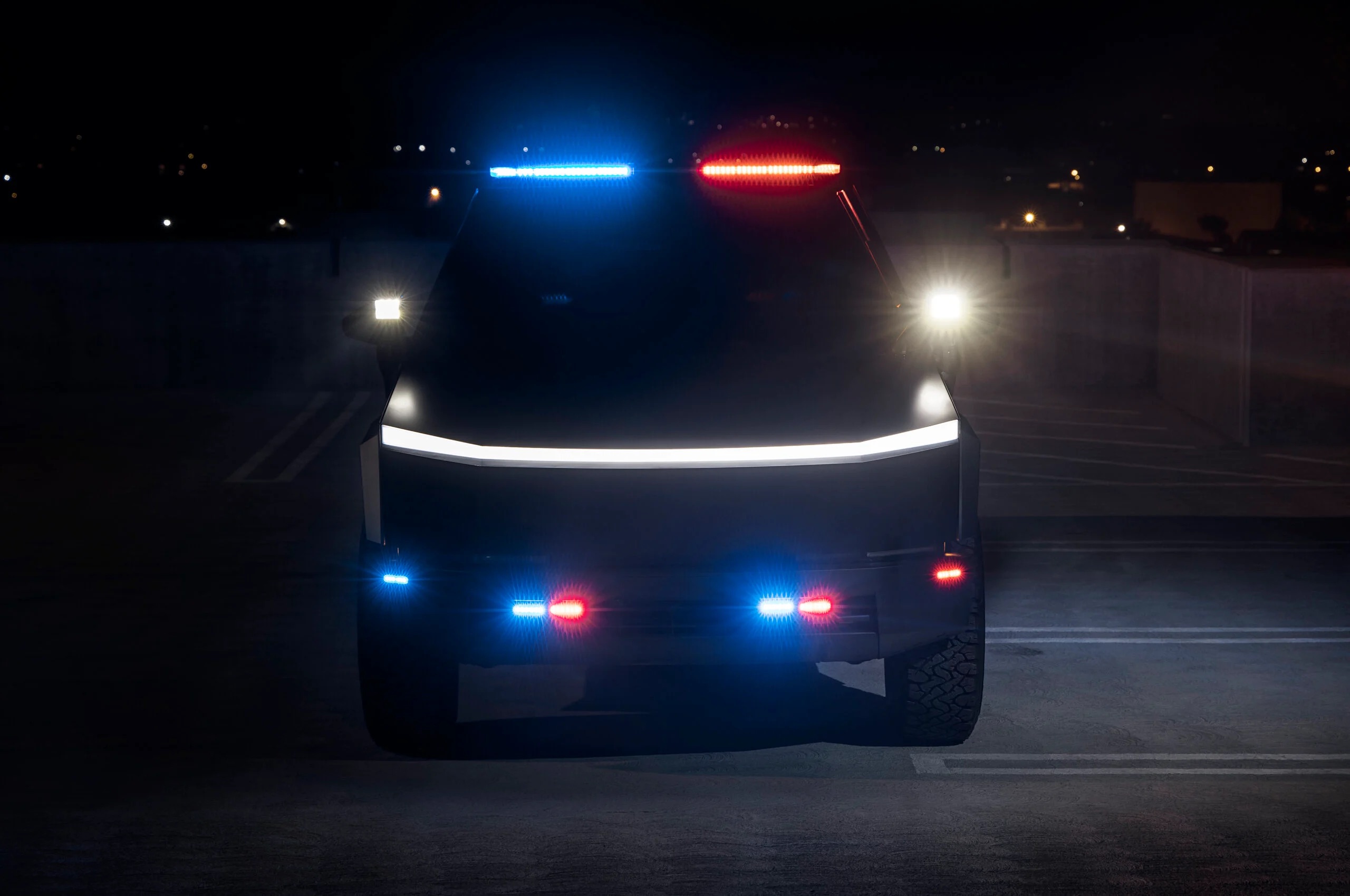
Sign up for daily news updates from CleanTechnica on email. Or follow us on Google News!
A vegetarian diet seems unusual at best and anti-patriotic at worst to many folks. But I haven’t eaten red meat since 1980, and I’ve been able to accrue a whole lotta benefits from my decision to focus on eating plants — and so has the planet. Here’s the story of my journey to being a vegetarian, told at a time of year when we give thanks for the gifts bestowed on us.
“We are the earth, made of the same stuff; there is no other, no division between us and ‘lower’ or ‘higher’ forms of being.” — Estella Lauder
I am a Vietnam War child. I was part of the first youth group to view war through a television screen. I saw young people drafted and shipped to a faraway land that had no personal or political meaning for them. Protests connected the essential precious life we are given to the natural world around us, and texts like Rachel Carson’s Silent Spring and The Sea around Us spoke to me as an integral part of my identity formation. I came to understand that humans are one with the Earth — that we share ecosystems and life forces. I became a tree hugger, an eco-warrior, eco-nut, eagle freak — these derogatory terms for living in ways connected to the planet didn’t faze me. They empowered me.
“What we most need to do is to hear within us the sound of the Earth crying.” — Thich Nhat Hanh
When I was twelve years old, I was seated at the periphery of a group of older female relatives who were bemoaning the discovery of breast cancer in our aunt. It was a time before pre-screenings; my aunt was diagnosed with stage four, terminal. I swore I would never be someone who was susceptible to cancer and began to look into its causes. There I was in the 1970s, and the meat-processing industry was denying how chemicals like nitrates and nitrites react with meat and form cancer-causing compounds. The health risks weren’t important to these meat producers, as using these additives made curing cheaper and quicker, extended shelf life, and gave meat a pleasing pink color. I announced that I wanted to be a vegetarian; my mother said that, as long as I ate in her house, I would eat what she cooked. Meat, canned vegetables, and a potato it was. Since this time I learned that vegetarians have 14% lower cancer risk than meat-eaters.
“What is the good of your stars and trees, your sunrise and the wind, if they do not enter into our daily lives?” – E.M. Forster
In a few years I became a first-generation college student. On my own financially, I found a sporadic income source working in bars and restaurants as I figured out college. Soon I was lining up bar pour glasses, churning blenders with exotic frozen drinks, and rolling kegs. At one point I worked for a very kind family who happened to be vegetarians. Yes! I announced that I was going to join them in renouncing meat. Feeling responsible for my decision, they asked me to read a book titled Protein for Vegetarians. (I see now that the author is questioned for “pseudo-scientific” methodology.) Ah, I soon learned it was going to take a lot more than saying No to Meat in order to eat healthy. I continue to seek out protein every day of my life and take vitamin B12, too.
“Realize that everything connects to everything else.” ― Leonardo Da Vinci
In my 20s I came to understand the appalling treatment that animals receive in the industrial agriculture system. Cattle, pigs, and poultry are managed in Concentrated Animal Feeding Operations (CAFOs). Many of these animals remain their entire lives in cages with little to no room to move. The Union of Concerned Scientists has criticized such practices. As a vegetarian, I have made a conscious and ethical choice to live in a way that reflects values of compassion, respect for animals, sustainability, and social justice. It makes me a more critical thinker, as I examine my consumer choices and the impact they have on the lives of animals, the environment, and other humans.
“Our relationship with nature is more one of being than having. We are nature: we do not have nature.” — Steven Harper
Yes, I stuck to a vegetarian diet across the decades. Sometimes I did eat seafood or chicken, trying to adapt to a partner’s diet. Pressure to eat meat was profound — countries like the US, UAE, and Brazil make up the top 20 meat-consuming countries in the world, consuming more than 160 kg of meat per person per year. According to Our World in Data, half of the world’s habitable land is used for agriculture, with most of this used to raise livestock for dairy and meat. Livestock are fed from two sources – lands on which the animals graze and land on which feeding crops, such as soy and cereals, are grown. If everyone shifted to a plant-based diet, we would reduce global land use for agriculture by 75% due to a reduction in land used for grazing and a smaller need for land to grow crops. For the last decade I’ve been a lacto-ovo vegetarian — a bit of dairy and eggs, the rest plants.
“Nature is the source of all true knowledge.” – Leonardo da Vinci
The 21st century was a time that raised our consciousness about the need to reduce burning fossil fuels and power our world with renewables. Additionally, we became aware that reducing emissions takes place along various parts of the supply chain. Compared to plant-based proteins including beans and legumes, beef is responsible for some 20 times more emissions per edible gram of protein. Switching to a plant-based diet can reduce an individual’s annual carbon footprint by up to 2.1 tons with a vegan diet or up to 1.5 tons for vegetarians. I learned that my vegetarian diet dramatically cut greenhouse gas emissions.
“In a real sense all life is inter-related. All are caught in an inescapable network of mutuality, tied in a single garment of destiny. Whatever affects one directly, affects all indirectly. I can never be what I ought to be until you are what you ought to be, and you can never be what you ought to be until I am what I ought to be… This is the inter-related structure of reality.” ― Martin Luther King Jr., “Letter from Birmingham Jail”
I began to model what plant-based eating looks like for family and friends — olive oil butter, vegan bacon, soy milk, dark green vegetables. I held dinner parties and served intricate vegetable main dishes like vegan jambalaya, vegetarian mushroom Wellington, vegan sausage and rice casserole, vegan cream of carrot soup, and so many more.
I am now a climate activist, drawing upon my experiences of being a vegetarian to guide my path toward sustainability. As I write, I hope that you, too, will consider choosing plant-based meals whenever possible.
“Wonderful how completely everything in wild nature fits into us, as if truly part and parent of us. The sun shines not on us, but in us. The rivers flow not past, but through us, thrilling, tingling, vibrating every fiber and cell of the substance of our bodies, making them glide and sing.” — John Muir

Chip in a few dollars a month to help support independent cleantech coverage that helps to accelerate the cleantech revolution!
Have a tip for CleanTechnica? Want to advertise? Want to suggest a guest for our CleanTech Talk podcast? Contact us here.
Sign up for our daily newsletter for 15 new cleantech stories a day. Or sign up for our weekly one if daily is too frequent.
CleanTechnica uses affiliate links. See our policy here.
CleanTechnica’s Comment Policy




